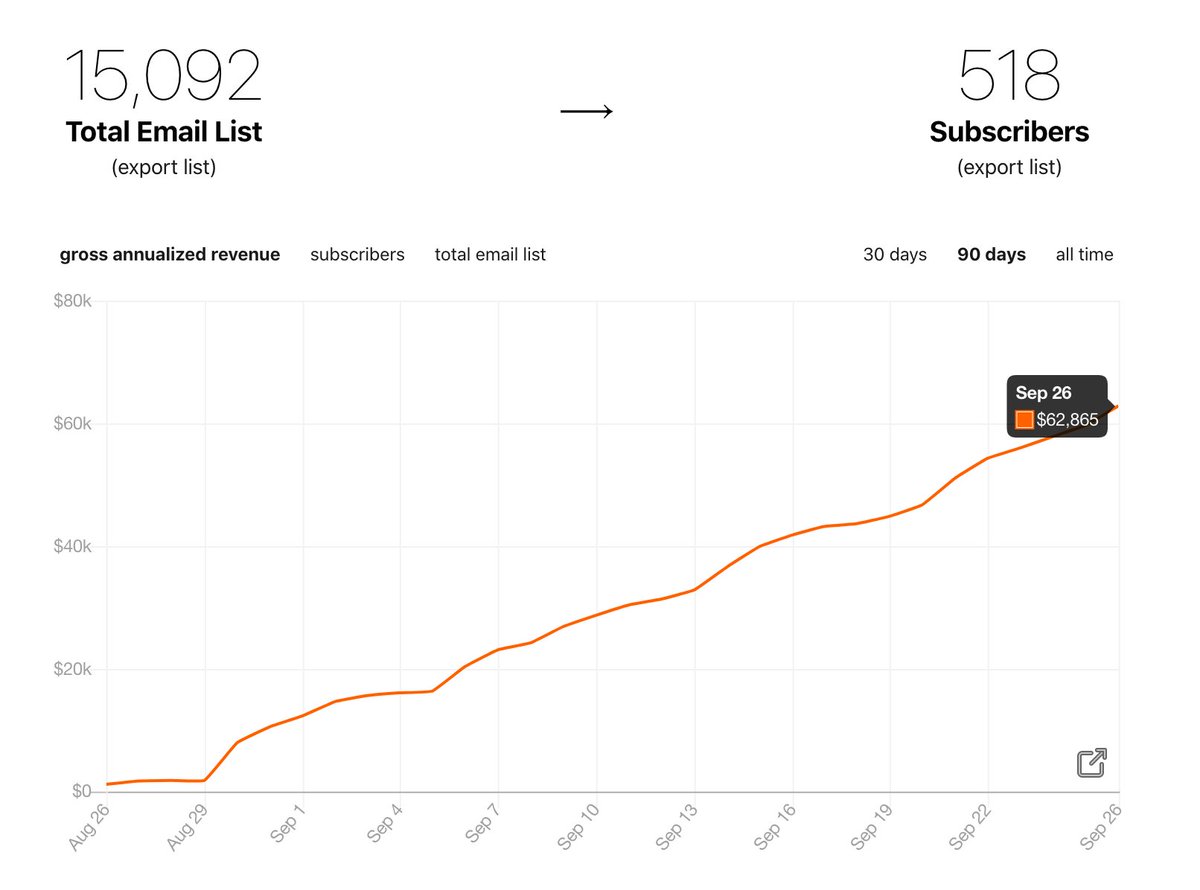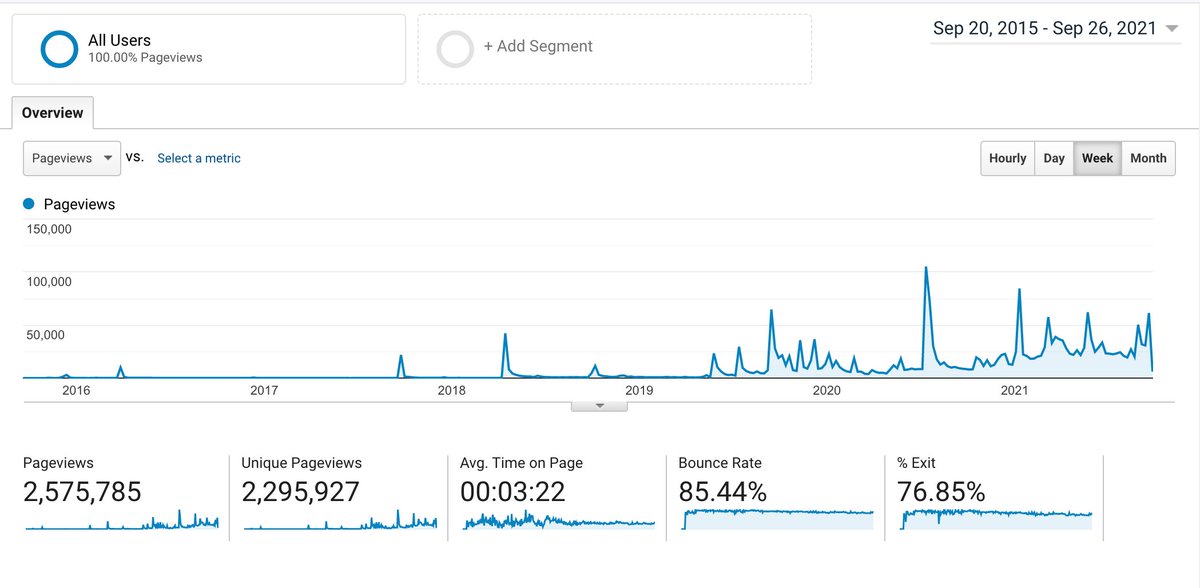
Engineer: "Can I expense this $500 noise-canceling headphone? Makes it easier to focus."
Manager: "Sure."
Compliance: "That's against policy."
Manager: "It's $500. 0.3% of their salary. It helps them do better work."
Compliance: "It's policy."
Manager: "Ok, how about this:"
Manager: "Sure."
Compliance: "That's against policy."
Manager: "It's $500. 0.3% of their salary. It helps them do better work."
Compliance: "It's policy."
Manager: "Ok, how about this:"
Manager: "Can you remind me of team morale budget rules?"
Compliance: "$1,500/person, per year."
Manager: "So it comes out of team morale."
Compliance: "But..."
Manager: "But, indeed, if we don't buy this, team morale will plummet due to stupid corp policies."
True story.
Compliance: "$1,500/person, per year."
Manager: "So it comes out of team morale."
Compliance: "But..."
Manager: "But, indeed, if we don't buy this, team morale will plummet due to stupid corp policies."
True story.
This was how I went getting noise-canceling headphones in an open-plan office* for my team at my previous gig.
*corp policy was handing out $100, non-noise canceling, uncomfortable headphones, purchased in bulk for savings.
Policy still the same AFAIK, as is the workaround.
*corp policy was handing out $100, non-noise canceling, uncomfortable headphones, purchased in bulk for savings.
Policy still the same AFAIK, as is the workaround.
In what proves the point, people have spent many, many, many times $500 on this thread in time cost arguing about whether an additional $200-400 is justified vs a basic headset.
That's the point. Argue about something that makes some people wildly more productive or enable them?
That's the point. Argue about something that makes some people wildly more productive or enable them?
• • •
Missing some Tweet in this thread? You can try to
force a refresh






